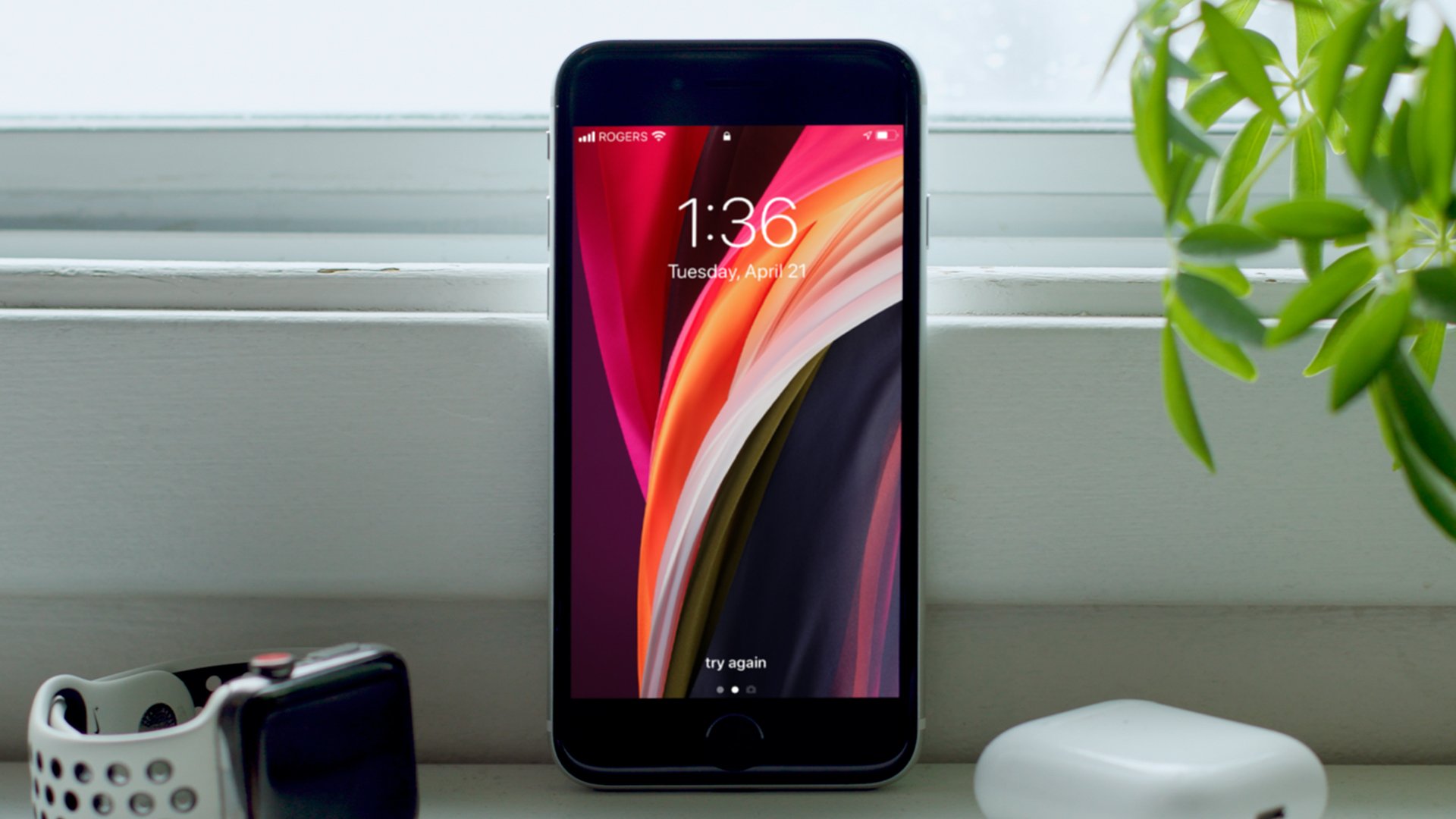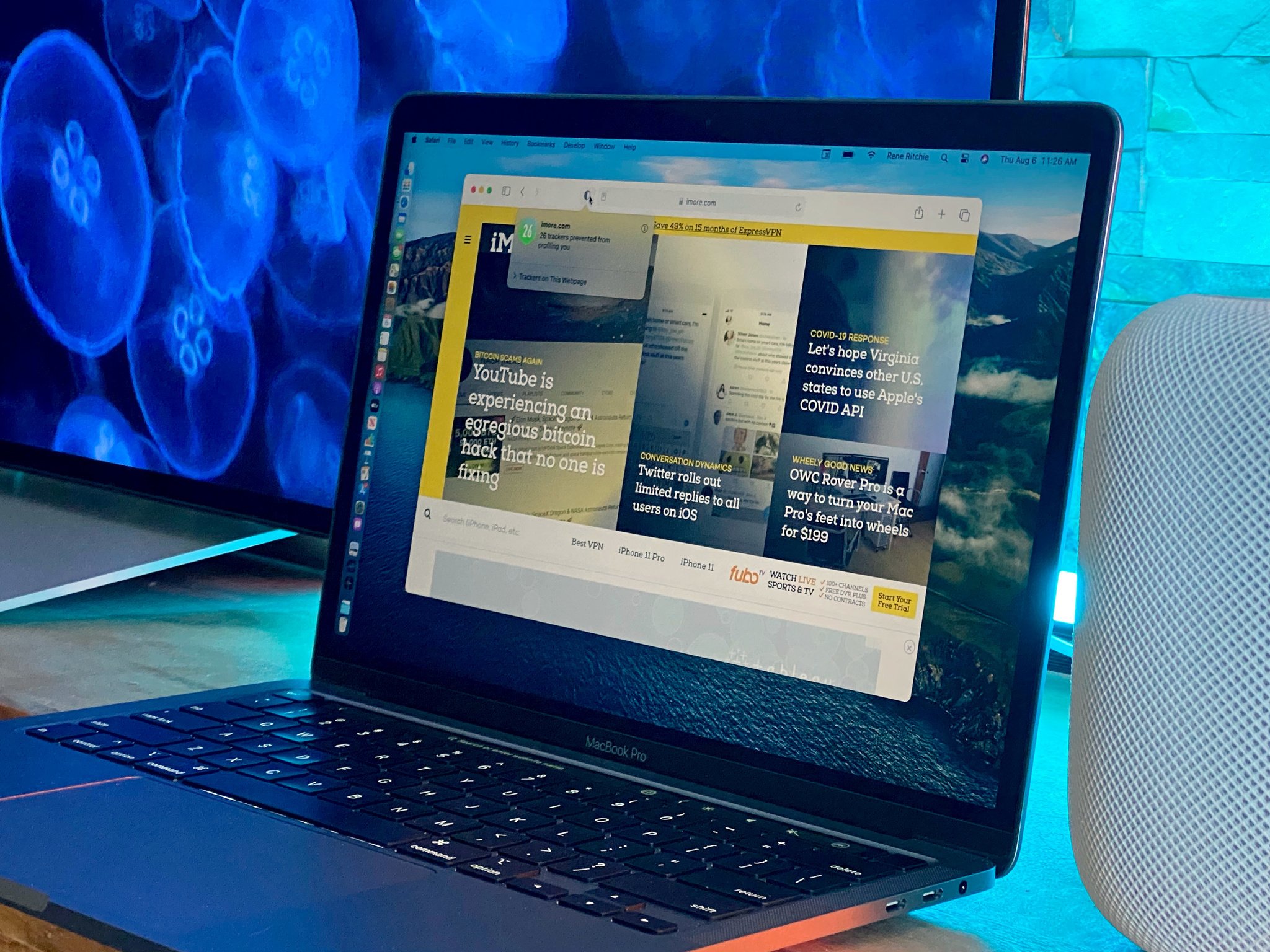Apple's product design philosophy: patience, perfection, and profits
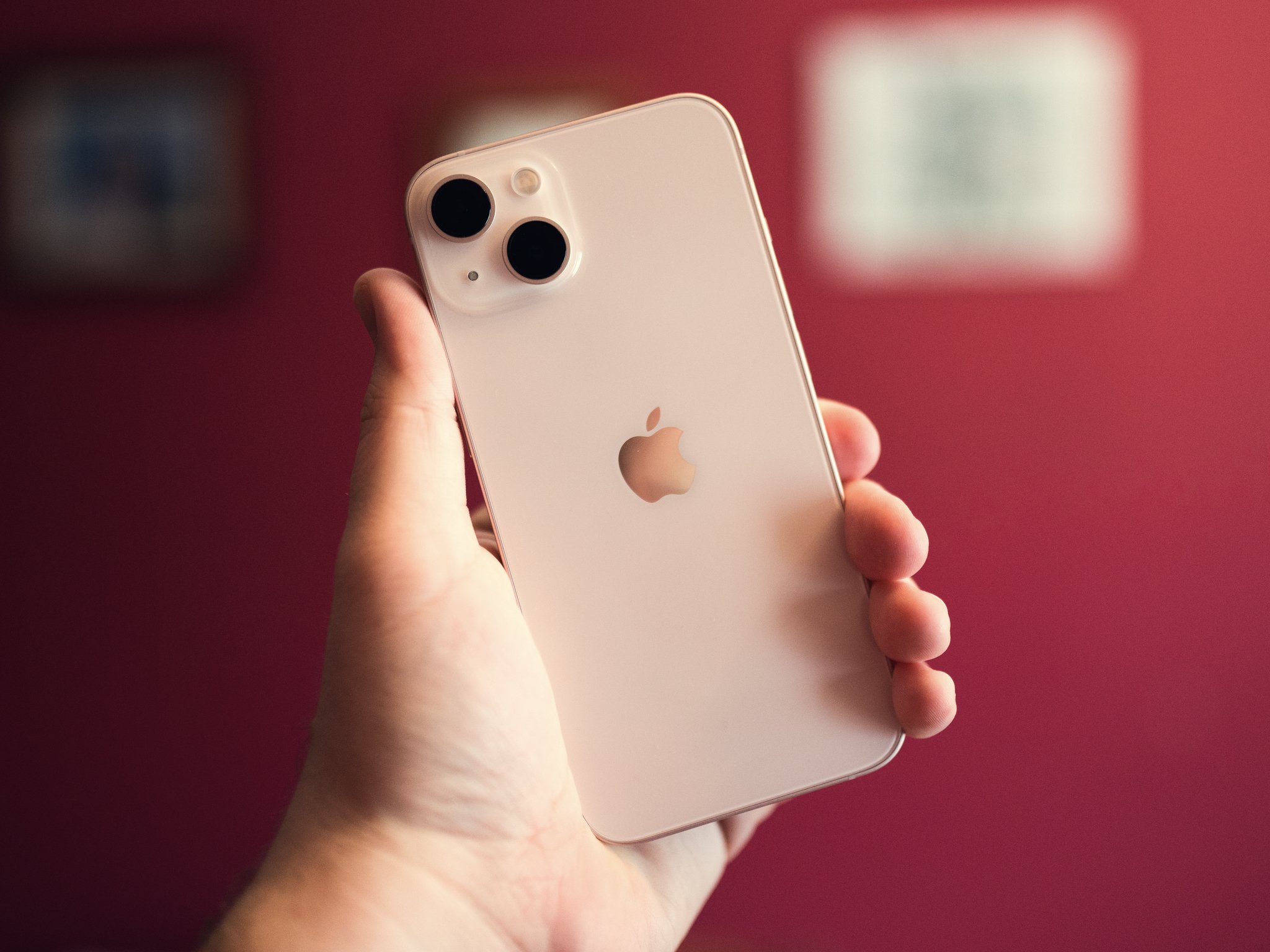
There's no question that Apple has a conservative approach to its product design philosophy. People like to say that the company doesn't innovate anymore because it sure feels like it's been a long time since Steve Jobs, Tim Cook, or anyone else has come on stage with a product that genuinely shocked us. Heck, even the brand new iPhone 13 still uses the same essential design elements that the iPhone X had four years ago. But is that such a bad thing?
Ask any tech enthusiast, and they will likely tell you that they wish Apple would take a page from Microsoft or Samsung's book and push the envelope with new designs and features on its products. I have even criticized Apple recently about how the Apple Watch Series 7 isn't a flashy new design. We all crave that new piece of a shiny piece of tech that excites, but yet, Apple's products continue to sell well, and their revenue is increasing every quarter.
I believe Apple's conservative product design philosophy rests on three pillars: patience, perfection, and profits.
Patience
There is no greater example of Apple's penchant for patience than the iPhone SE (2020). A phone that came out in 2020 and looked almost the same as Apple's flagship iPhone has almost since the beginning of the product's life. Sure, the iPhone SE is Apple's budget phone. It's not like when the iPhone SE (2020) came out, the company didn't have other phones with a newer design, but the Android market is flooded with cheaper budget phones with upgraded designs. Apple likely could have made the iPhone SE look more modern, but it stuck to an old familiar design because consistency and reliability are more important to a larger portion of the population than innovation.
When my mom upgraded her iPhone 5 last year, she went into the store and told the clerk she wanted exactly what she already had, only newer and better. The salesperson directed her to an iPhone SE (2020), and she was ecstatic that she didn't have to learn an entirely new phone or get used to a new design. There's a lot of people like my mom out there, way more than people like me, and that's why Apple's patient approach to design works.
Apple knows that the very vocal tech community that criticizes them for being behind the curve is actually in the minority. And time after time, they don't rush new designs because that community cries out for it — they just stay the course.
Perfection
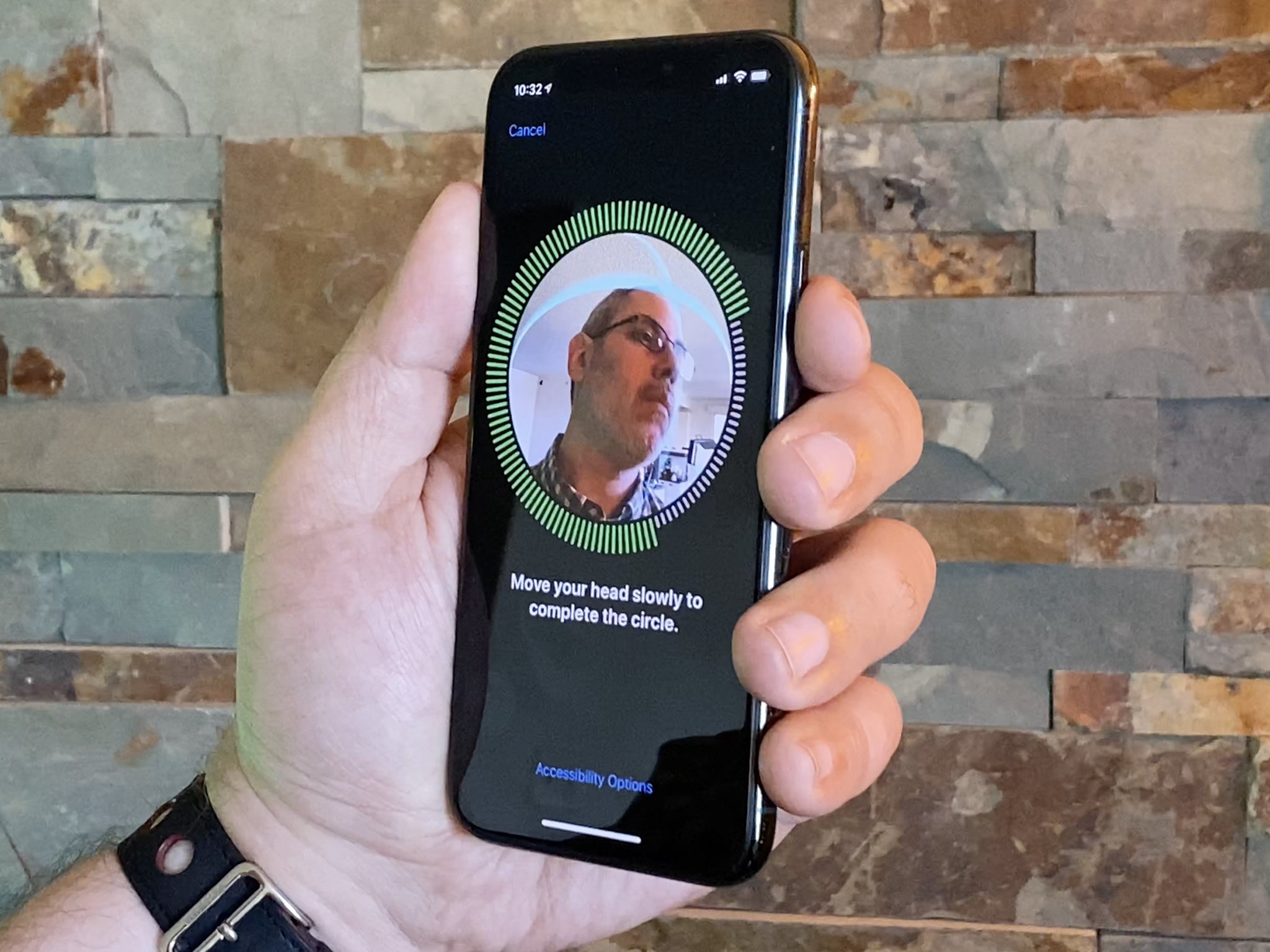
Now, this is a tad subjective, but I think Apple has shown us that they try to perfect features and designs before releasing them. And, because they are so patient, they make extra damn sure they work as flawlessly as possible. FaceID is a perfect example of this.
iMore offers spot-on advice and guidance from our team of experts, with decades of Apple device experience to lean on. Learn more with iMore!
The Galaxy Nexus had face unlock way back in 2011. Granted, that wasn't really facial recognition like Face ID is, as it took a picture of your face and analyzed it, but it was an early form of unlocking your phone with your face. Many other phones have had forms of facial recognition or face unlock since then, which is way before Face ID made its debut on the iPhone X in 2017. However, these methods tended to be much less secure and more easily fooled. Apple likely could have implemented some form of face unlock much earlier than Face ID, but it opted not to. Instead, Apple waited until they could implement something that is near perfect, and years later, Face ID is still the reigning champ when it comes to unlocking your phone with your face, and almost all of the best iPhones come with it.
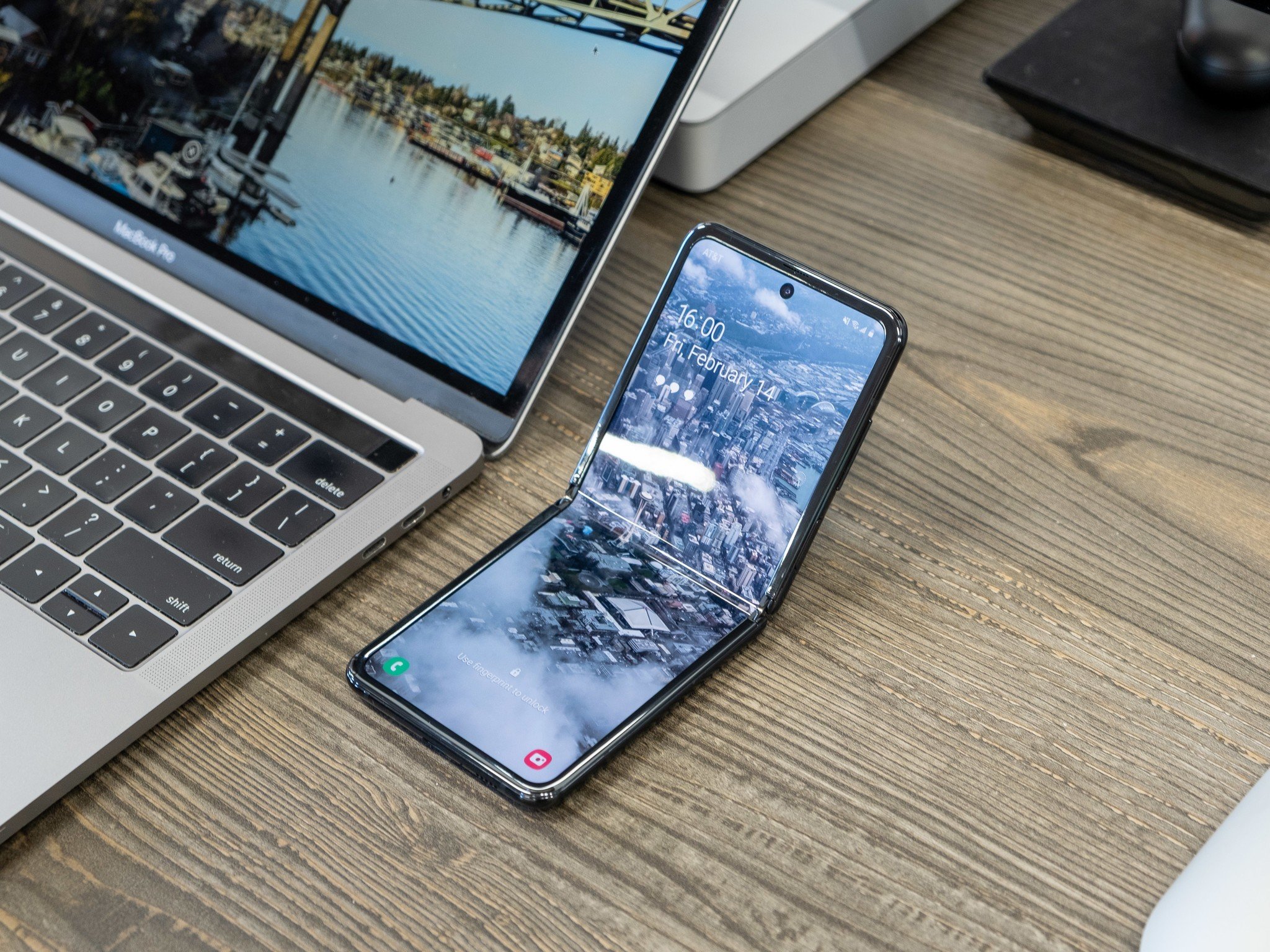
Of course, in more recent years, the foldable phone has become the talk of the town. Whether it's a truly foldable screen like the Galaxy Z Fold and Galaxy Z Flip phones are, or a two-screen device like the Microsoft Surface Duo, Apple seems once again to be behind the curve. However, do you remember the first Galaxy Z Fold? Reviewers often praised its innovation, but it had a disastrous original launch, and the form factor still needed a lot of tweaking.
Of course, foldable phones are getting much better in 2021. I must admit that Android Central's review of the Galaxy Z Flip 3 certainly has me thinking whether I should jump on the foldable bandwagon now rather than wait for Apple. But we know that Apple is working on a foldable, and its R&D department is undoubtedly trying its absolute hardest to perfect the form factor before Apple announces it on the big stage.
This constant need to be perfect in its design and flawless in execution has allowed Apple to cultivate such a rabid fan base over the years.
Profits
Lastly, there isn't much to say about this point, but to state the obvious — Apple does everything it can to make the most money possible. In the capitalistic society in which we live, there is no greater measure of success for a company than the amount of revenue it can make. And, even though just writing that sentence crushed my very artistic and idealistic soul, you can't argue that Apple doesn't just murder the game of capitalism.
Every quarter we see Apple put up staggering numbers, just last quarter revenue was up 36% for a quarterly total of $84.1 billion in revenue. To say that Apple's product design philosophy is unsuccessful is just blatantly wrong.
Is Apple's design philosophy the best?
The answer to that question is going to depend on who you are asking. Ask a shareholder, and they will probably reply with a resounding yes. Ask a tech fanatic, who always wants the latest and greatest, and they may say no.
Only one thing is for certain, Apple's philosophy is work and likely won't change anytime soon.
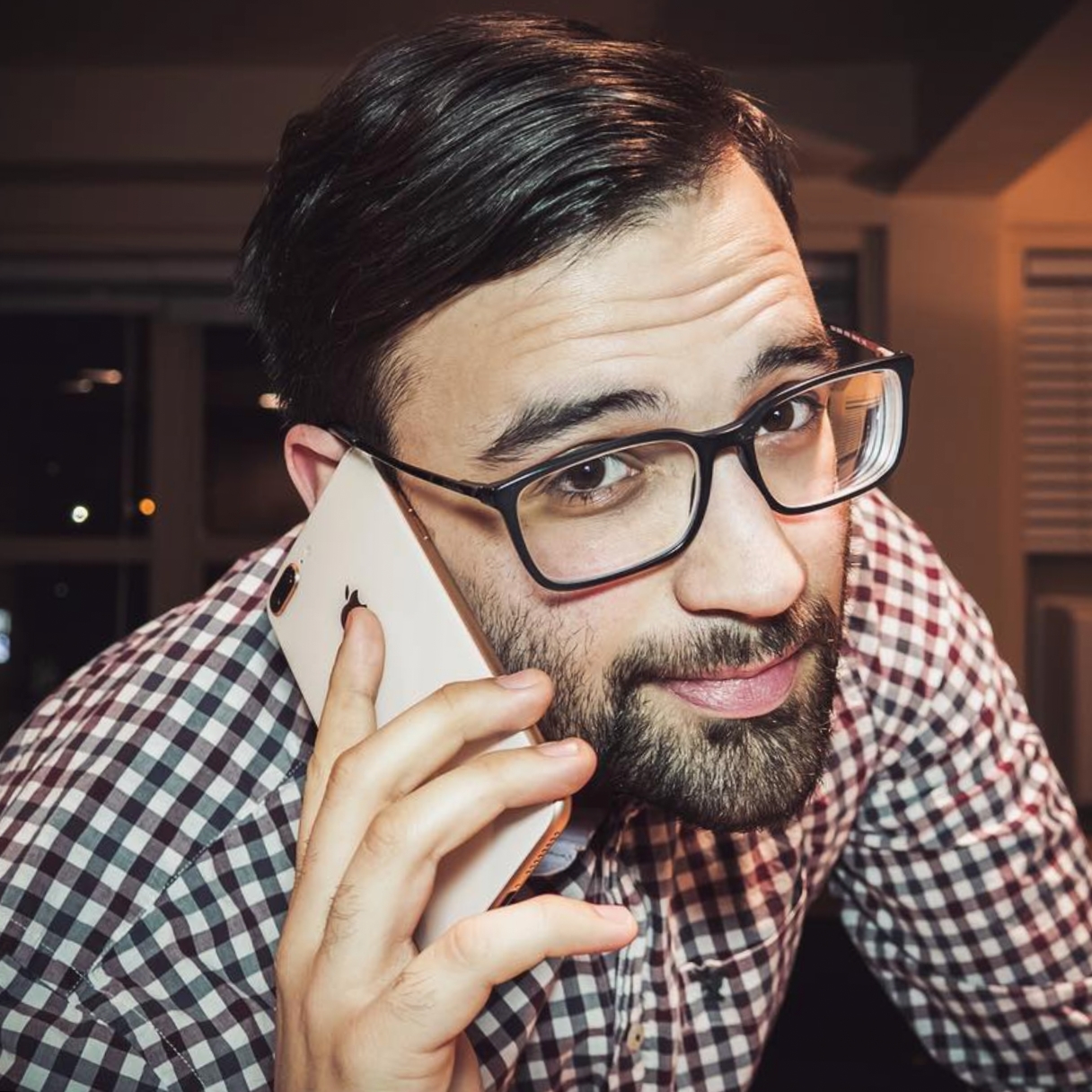
Luke Filipowicz has been a writer at iMore, covering Apple for nearly a decade now. He writes a lot about Apple Watch and iPad but covers the iPhone and Mac as well. He often describes himself as an "Apple user on a budget" and firmly believes that great technology can be affordable if you know where to look. Luke also heads up the iMore Show — a weekly podcast focusing on Apple news, rumors, and products but likes to have some fun along the way.
Luke knows he spends more time on Twitter than he probably should, so feel free to follow him or give him a shout on social media @LukeFilipowicz.
